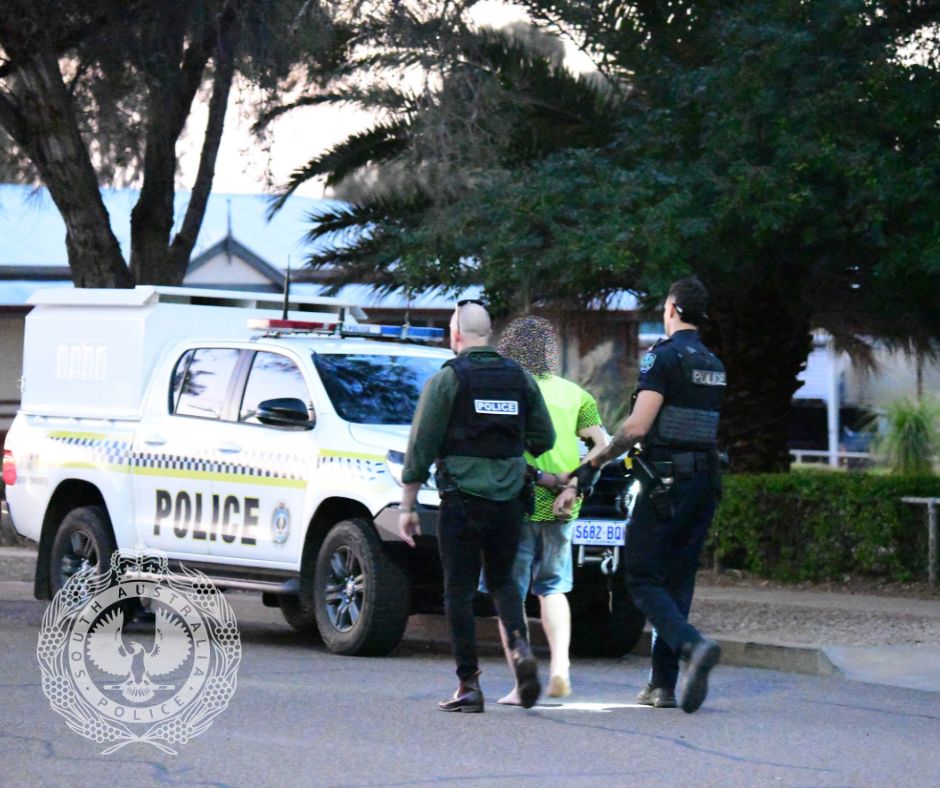With evidence pointing to an under Labor, and a showing that people currently living in poverty are likely to remain there, the Greens have announced an election commitment to establish an independent Commission tasked with defining and eliminating poverty in Australia.
The Poverty and Inequality Commission (PIC) would replace Labor’s Economic Inclusion Advisory Committee (EIAC), whose recommendations to substantially increase income support payments Labor continues to snub.
The Commission would have the power to examine the level of poverty in Australia; review the adequacy of social security payments; and develop a national definition of poverty.
Unlike the EIAC, the government would be required to publicly respond to the Commission’s reports and recommendations, and Parliament would be able to scrutinise appointments to the Commission via a Joint Parliamentary Committee.
The PIC would have up to 12 paid commissioners and a paid President, including members with direct contemporary experience of poverty, with a structure comparable to the Productivity Commission.
The PIC would begin operating on July 1, 2026, and has been costed by the PBO at $99.5 million in its first two years.
As stated by Greens spokesperson on Social Services, Senator Penny Allman-Payne:
“Under Labor, there are more than three million Australians living in poverty, including one in six children. Many of those people are either unable to access income support, or are relying on payments that are among the lowest in the OECD.
“Despite being one of the wealthiest countries on earth, successive Labor and Coalition governments have made policy choices that deliberately keep people in poverty, including refusing to raise JobSeeker and Youth Allowance above the poverty line.
“The Poverty and Inequality Commission would provide independent recommendations to the government on how to define and eliminate poverty, based on evidence drawn from people with direct contemporary experience.
“The PIC would provide roadmaps for overcoming poverty and provide benchmarks to assess the impact on poverty of future legislation, just as the Productivity Commission does for productivity.
“The PIC would also finally establish a national definition of poverty. For decades Labor and the Coalition have used the lack of a definition of poverty as an excuse to keep people living on inadequate income support payments.
“While the work of the EIAC has been useful in bringing attention to the appalling inadequacy of income support payments, the committee is not tasked with defining or ending poverty in Australia, nor is the government required to formally respond to its recommendations.
“In fact, the EIAC legislation doesn’t mention the word poverty at all, and there is no requirement for someone with direct contemporary experience of poverty to be a committee member.
“Developing policies and programs to address poverty without input from people with direct contemporary experience often leads to harmful outcomes like Robodebt, ParentsNext and compulsory income management.
“There is no reason for a single person in Australia to be living in poverty, and it’s a damning indictment of the old parties that so many do.”








